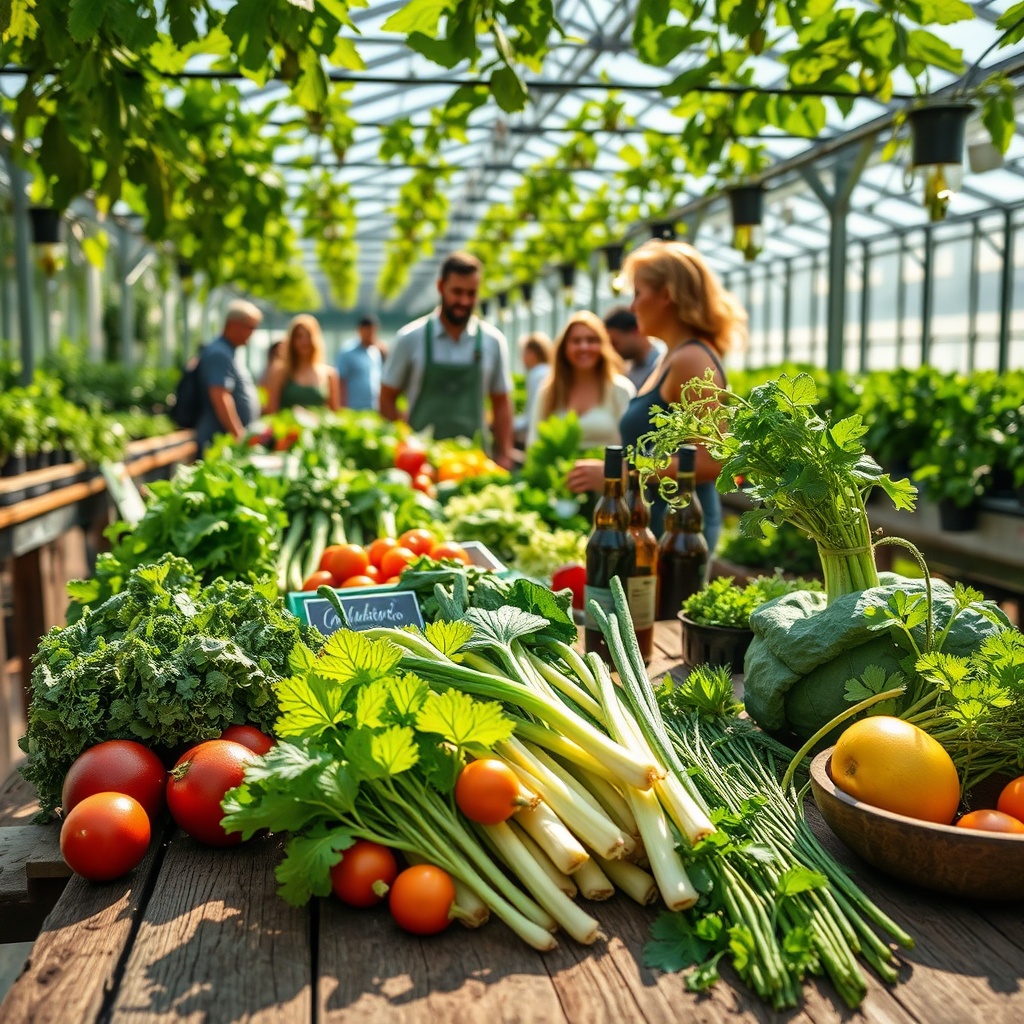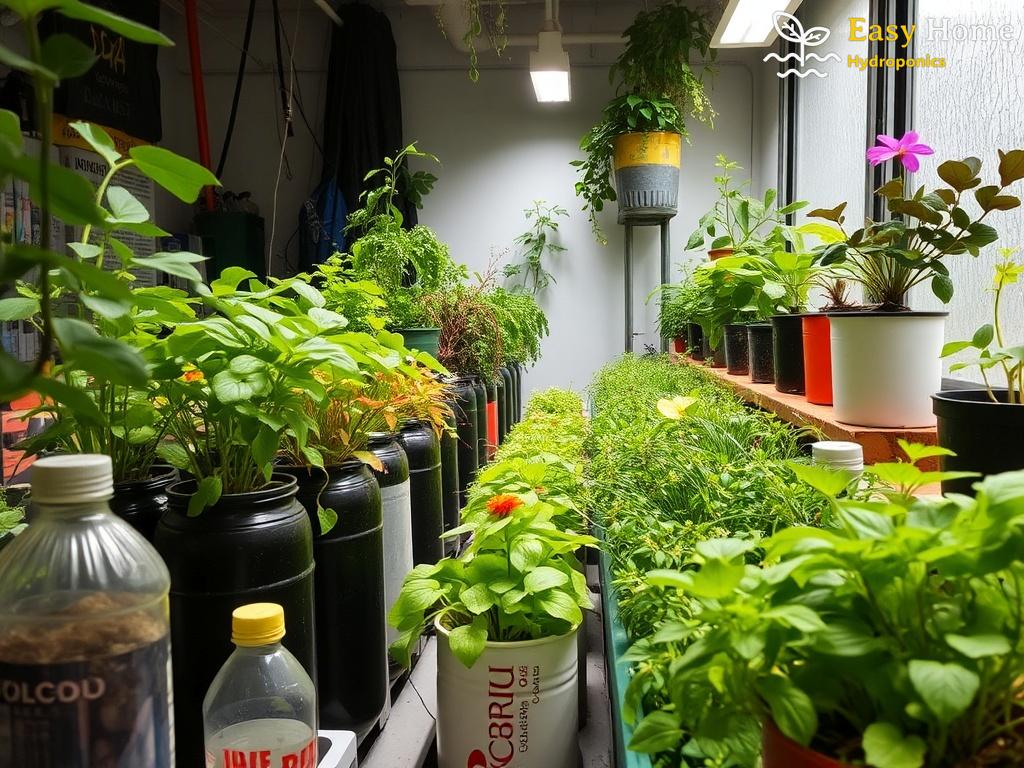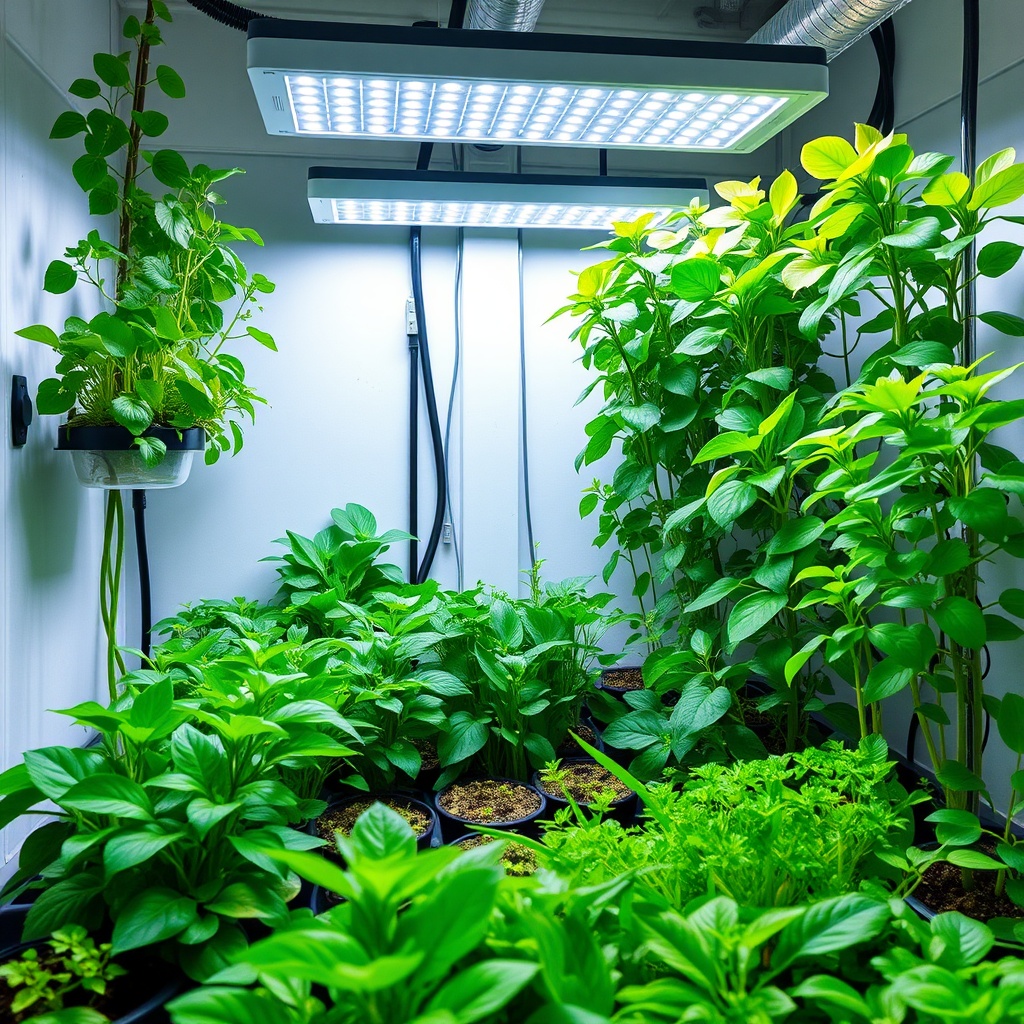The Rise of the Farm-to-Table Movement
The farm-to-table movement has transformed the way consumers perceive their food sources, emphasizing sustainability, freshness, and local farming practices. As awareness about the environmental impact of traditional agriculture grows, more people are turning to local food systems, creating a booming demand for fresh produce directly from farms. This paradigm shift is not just a trend; it’s a lifestyle that champions the essence of eating healthy while supporting local economies.
Hydroponics: A Solution to Meet Growing Demand
Hydroponic farming presents a compelling solution to the challenges posed by the farm-to-table movement. By allowing crops to be grown in nutrient-rich water rather than soil, hydroponics enables farmers to cultivate fresh, organic produce year-round without the limitations of traditional farming. This method not only reduces the carbon footprint associated with food transportation but also ensures that consumers have access to nutritious options that are harvested at the peak of freshness.
As a result, many hydroponic farms are strategically positioning themselves within the farm-to-table network, providing restaurants and consumers with a reliable source of local produce. The synergy between these two movements is fostering a new era of agriculture that prioritizes health, sustainability, and community connection.
Key Benefits of Hydroponics in the Farm-to-Table Framework
Hydroponic systems offer a variety of advantages that align seamlessly with the principles of the farm-to-table movement. Below is a list outlining the key benefits:
- Water Efficiency: Hydroponics uses significantly less water than traditional farming methods, making it an eco-friendly choice.
- Space Optimization: This method allows for vertical farming, maximizing space and enabling urban agriculture.
- Pesticide-Free Produce: Growers can produce fruits and vegetables without harmful chemicals, catering to health-conscious consumers.
- Faster Growth Cycles: Plants grown hydroponically can mature up to 30% faster, providing quicker access to fresh produce.
- Community Engagement: Hydroponic farms often engage with local communities, hosting workshops and educational programs that promote sustainable practices.




